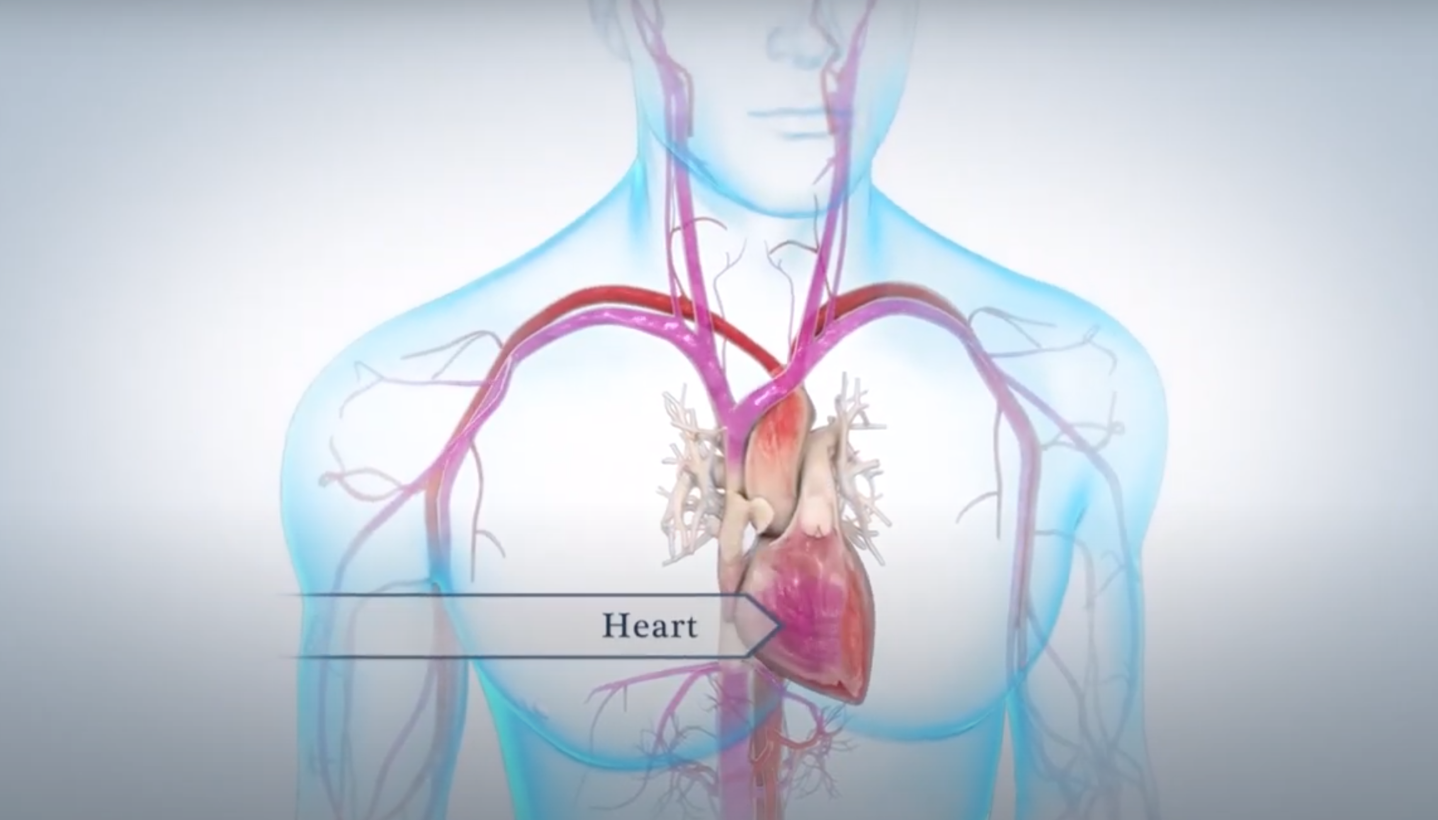Your Heart's Electrical Symphony: Demystifying Arrhythmias
JAN 27, 2026Arrhythmias are broadly categorized by where they originate (atria or ventricles) and how they affect heart rate (too fast, too slow, or irregular).
Read More
Myocarditis is an inflammatory condition where the heart muscle is affected by something, whether it be a virus, a bacteria, an autoimmune disease, or other reason. The heart muscle itself becomes inflamed, much like you can get an inflamed muscle in your leg, back, or any other area. How it affects your heart, is that then your heart doesn't squeeze as well. So, a normal heart contracts and pushes blood around your body, but with myocarditis, the heart becomes boggy, less efficient and doesn't work as well. That can lead to symptoms of things like congestive heart failure where you get fluid in your lungs, fluid in your legs, fluid in your body, your fatigued and can't breathe, and are uncomfortable that way. It can also cause pain in your chest from inflammation as well.
COVID-19 has been shown to cause myocarditis. It is a virus that can affect the heart. Early on, there was some suspicion that it was very active in affecting the heart, and there were some studies out of Great Britain that showed as many as 60% of people that had COVID-19 had some evidence of myocarditis, which was really quite alarming. Particularly in the spring and summer before a lot of the college sports seasons and there was quite a bit of controversy around that. There's been a lot of discussion about how you try to determine whether myocarditis is present or not. One of the things that's happened over time, as there's been more studies and more time to investigate this, is it’s probably not nearly as common as we thought early on. So, the cardiologist for the National Basketball Association has shown in studies that professional athletes affected by COVID-19 develop evidence of myocarditis less than 5% of the time, so 1 in 20 to 1 in 30 professional athletes may experience some signs or symptoms of myocarditis.
One of the things about myocarditis that's concerning is there’s not really a perfect treatment for it. A lot of things that happen with heart disease, we have a treatment for. In myocarditis, the treatment is primarily time and you just have to get over it. You can get over it and recover completely but some people may be affected chronically with a weak heart and symptoms that go along with that.
What can you do to avoid myocarditis? Don’t get COVID-19. Practice your social distancing, wear your mask, get your vaccination when it's available to you, avoid this disease at all costs, because it's not just myocarditis, but all the other effects of COVID-19 that we have to be aware of.

Arrhythmias are broadly categorized by where they originate (atria or ventricles) and how they affect heart rate (too fast, too slow, or irregular).
Read More
CAD occurs when the arteries supplying blood to your heart become hardened and narrowed due to a buildup of plaque (atherosclerosis).
Read More
A sedentary lifestyle isn't just about feeling a bit sluggish; it's a silent, insidious threat to your cardiovascular health.
Read MoreWhen you need local health information from a trusted source, turn to the CHI Health Better You eNewsletter.